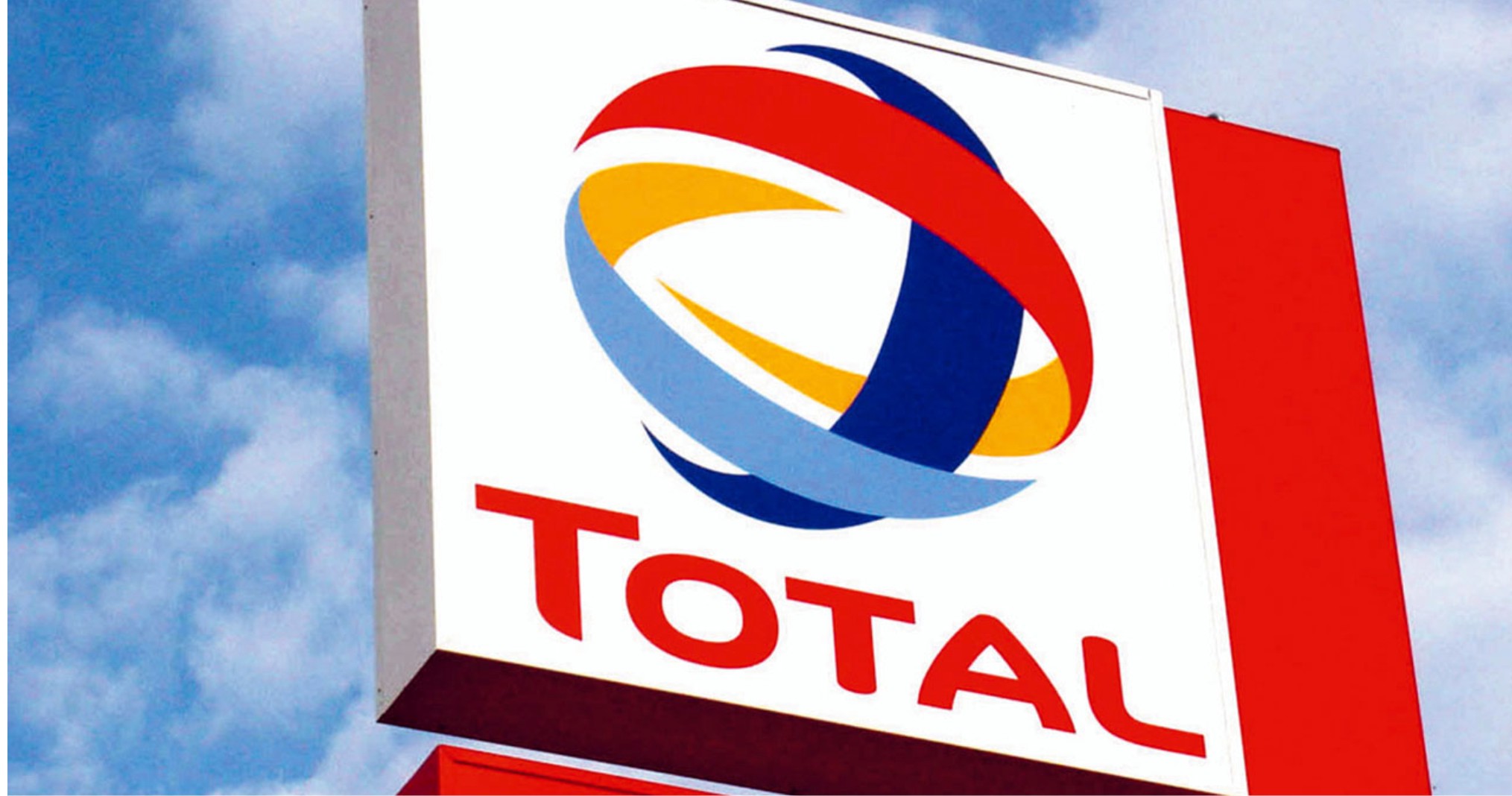Business
‘Nigeria’s Oil, Gas Wealth Not Fully Tapped’

Deputy Managing Director, Deep Water District of Total Exploration and Production Nigeria Limited. Mr Ahmadu Kida-Musa says there are still billions of barrels of oil and trillions cubic feet of gas yet to be discovered in Nigeria.
Kida-Musa said that Nigeria had not fully explored its oil fields even in the “so called” matured areas not to mention the frontier areas yet to be explored.
The oil chief made the assertion during a panel session of the 37th Nigerian Association of Petroleum Explorationists (NAPE) in Lagos last Monday.
Kida-Musa, who spoke on the theme: ‘How will technology change the oil and gas sector over the next decades’ said: “The dependence on conventional technologies that have been used in the past will surely not be the only solution to harness the Yet-To-Find (YTF) oil and gas potential, especially in Nigeria.
“Those technologies were good then, they worked well in the past and we are all happy with the results. However, the days of easy oil and gas discoveries are gone.
“We need innovations in order to continue and come back to the era of more frequent giant discoveries as was obtained before 2012.”
According to him, Nigeria needs to embrace the use of emerging and innovative technologies on safe exploration to Health, Safety and Environment ( HSE) compliant exploitation of the discovered resources.
“The belief by some school of thought might be that in Nigeria, we have totally mastered exploration in the onshore, in the conventional offshore and even somewhat in the deep offshore domains, but this is certainly not an accurate hypothesis.
“There is still Yet-To-Find opportunities all around in those mature domains, especially for deep prospective and also the Ultra Deep Offshore domain, where little or no exploration activities have been carried out to date,” he added. Kida-Musa said there was an evident decline in giant exploration discoveries since the country was now dealing with more complex traps that need to be properly understood before drilling of exploration wells.
He said conventional technologies in most cases had reached their limit in terms of subsurface imaging and interpretation given the complexities of YTF prospects.
“It is expected that by 2035, the deep offshore oil and gas production which currently stands at less than 14Mboe/d worldwide should attain the level of about 32Mboe/d.
“For the last 15 – 20 years, exploration activities have been conducted in the deep offshore in water depths of around 2,000 meters and most current developments are generally at a maximum depth of around 2,000 meters.
“Following innovations with new technologies, Total has been able to explore deeper with an exploration well drilled offshore Uruguay in 2016, at 3405 meters water depth, at that time the world’s deepest sub-sea well,’’ he said.
Business
NCDMB, Dangote Refinery Unveil JTC On Deepening Local Content
Business
Food Security: NDDC Pays Counterpart Fund For LIFE-ND Project
Business
Replace Nipa Palms With Mangroove In Ogoni, Group Urges FG, HYPREP
-
Rivers5 days ago
Don Sues For Leadership Assessment Centre In IAUE
-

 Niger Delta5 days ago
Niger Delta5 days agoCommissioner Explains Oborevwori’s Retirement Age Extentoon For Associate Profs
-
Business5 days ago
Cassava Flour Initiative Revival Can Up Economy By ?255b – COMAFAS
-
Sports5 days ago
Eagles B Players Admit Pressure For CHAN Qualification
-
Rivers5 days ago
Rivers Judiciary Denies Issuing Court Order Stopping SOLAD from Swearing in RSCSC Members
-
Rivers5 days ago
Group Seeks Prosecution Of Clergy, Others Over Attempted Murder
-

 Niger Delta5 days ago
Niger Delta5 days agoOborevwori Boosts Digitalisation With Ulesson 500 Tablets To Pupils, Students
-
Business5 days ago
CRG Partner JR Farms To Plant 30m Coffee Seedlings

